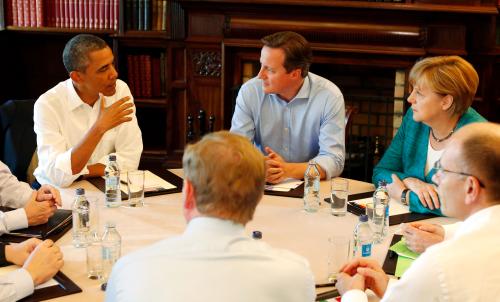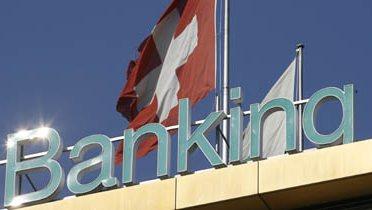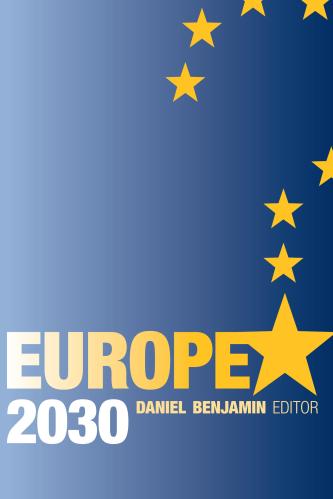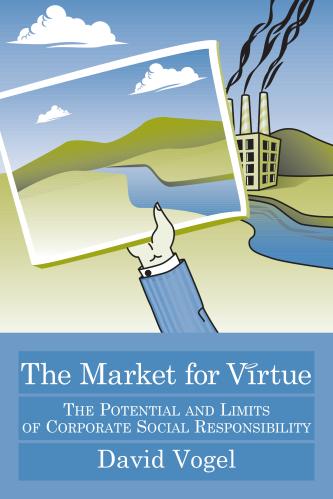The below was featured in a New York Times “Room for Debate” forum on whether or not the Basel III banking regulatory standards undermine American banks’ competitiveness.
Responding to the severe damage caused by the recent financial crisis, the world’s leading nations made a detailed agreement, known as Basel III, to strongly increase the safety margins under which banks operate. Safety margins cost money, so the assumption is that under these rules, the economy will grow a bit less in normal years, in exchange for the expectation of fewer and less harmful financial crises. This seems a fair trade; I know I would pay a great deal to have avoided the pain we are still experiencing.
Jamie Dimon, the highly respected C.E.O. of JPMorgan Chase, recently asserted that Basel III will harm America if it is implemented in the way he thinks it will be, since it would create a competitive disadvantage compared with Europe. In the retelling, his wording (“anti-American”) has been twisted a bit to claim that Basel III was “un-American,” with obvious overtones of jingoism and McCarthyism.
I, personally, believe that Basel III is a big step forward for both sides of the Atlantic, but we must admit that we do not yet know for certain that he will prove to be wrong. There are many devils in the details and considerable uncertainties remain. The U.S. and the European Union are still formulating complex regulations to implement Basel III, and we will not know for sure how banking supervisors will act under those regulations until we see what they actually do. Europe’s banking systems differ in important ways from those in the U.S., so differences in implementation can matter even if the broad principles are the same.
That said, the Basel III accord was reached after extensive negotiations in which the U.S. played a leading role and in which we gained a number of important concessions from Europe, probably more than they gained from us. Basel III raises safety margins very considerably, reducing bank profits, and there are many bankers who would like the accord to be watered down. One way of achieving that is for the Europeans to claim America will not fulfill its promises and for Americans to claim Europe is going to cheat, thus giving each side an excuse to weaken reforms. We must indeed be alert to ensure fair implementation, but we must not let the fear of cheating keep us from moving forward together on this important mission.
The Brookings Institution is committed to quality, independence, and impact.
We are supported by a diverse array of funders. In line with our values and policies, each Brookings publication represents the sole views of its author(s).









Commentary
Op-edLooking for Devils in the Details
September 28, 2011